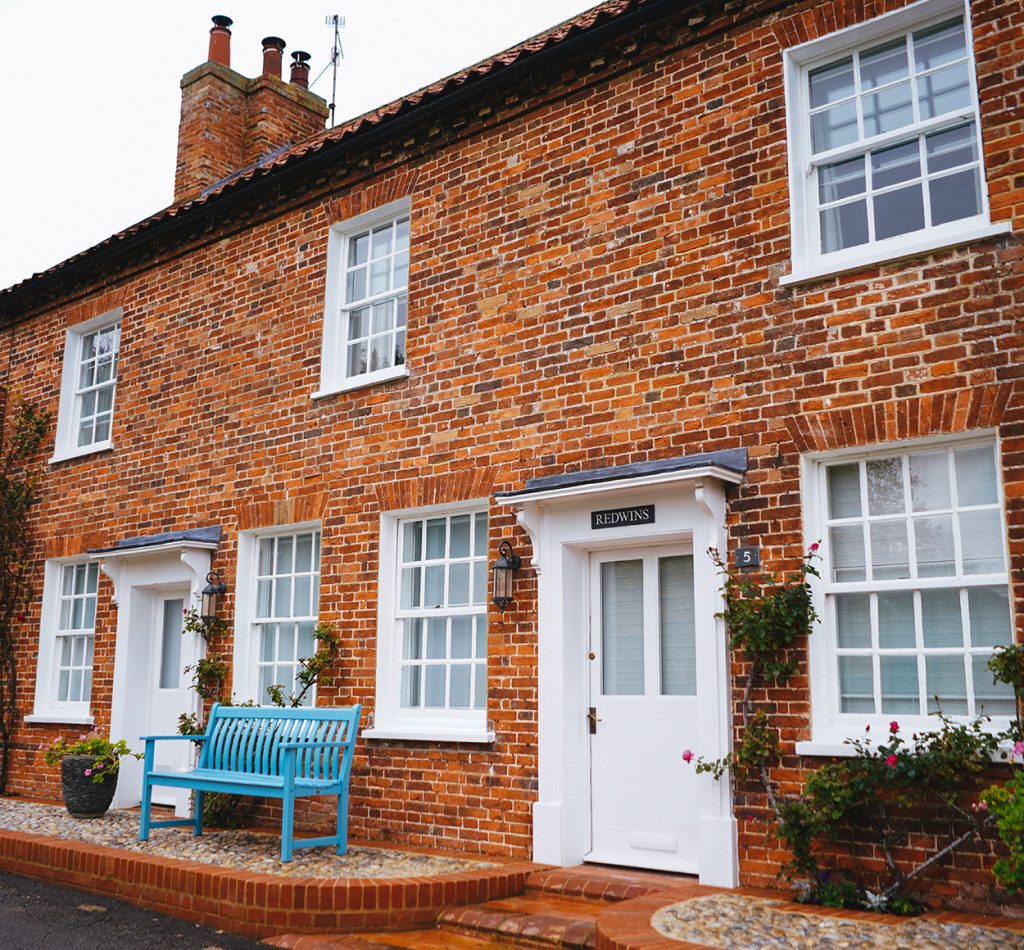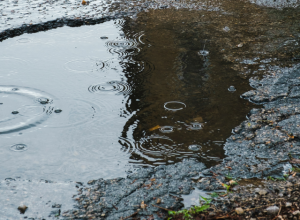How has lockdown affected policyholders requiring alternative accommodation?
Lockdown measures effected all of us, but imagine being ‘locked down’ away from your own home; without all your personal belongings and in your ‘safe place’ – your home.
- Published on
- By Alisa Gold, Marketing and Business Development Manager
Share on

It is unquestionable that lockdown measures as a result of Covid-19 have affected each and every person living in the UK. But imagine being ‘locked down’ away from your own home; without all your personal belongings and in your ‘safe place’ – your home. Alisa Gold, Marketing and Business Development Manager at ICAB, explains that’s the reality for thousands of policyholders across the UK who are currently undergoing an insurance claim in their home that resulted in them requiring alternative accommodation.
When the government announced these measures in the final week of March, insurers and their supply chain of alternative accommodation suppliers had to act very fast. Hotels were shutting with literally 24 hours notice and policyholders were told they would have to leave. For many of them going home was simply not an option so they relied on the quick thinking and mobilisation of alternative solutions that accommodation suppliers could provide.
More stressful and challenging than any surge these suppliers had experienced before, they had a matter of days to relocate every policyholder in a hotel into accommodation that was suitable during this outbreak. The onus and duty of care was placed on these suppliers to ensure that policyholders not only had a roof over their head but were placed in a safe, self-contained environment which allowed for the social distancing rules imposed by the government.
Self-catering apartments were the obvious solution as they allowed families to be self-contained and importantly allowed for laundry and cooking to be done in their temporary home. Apartment companies pulled out all of the stops to make as many of these available as possible, and ensured that social distancing was adhered to upon check in. A large majority of hotel guests were successfully moved to a serviced apartment. Insurers and their supply chain worked very closely together to ensure that adequate timescales were booked in the first instance to cover the lockdown period to save additional work extending accommodation.
However, one size doesn’t always fit all, and some policyholders simply couldn’t be moved into a serviced apartment. In these cases, other solutions had to be considered.
One strategy that was employed was to utilise caravans and mobile homes. These were only suitable if the homeowner had sufficient space for these to be sited safely. They proved to be invaluable for some homeowners who were so grateful to be close to their home and belongings in such uncertain times. As delivery and installation of these solutions takes place outside the home, social distancing rules could be easily adhered to.
Another tactic employed was to make use of external kitchen and bathroom pods. These were only suitable if only the kitchen or bathroom facilities had been affected by the insurance claim and similarly to caravans could only be utilised if the homeowner had sufficient space for these to be sited safely. These products were used extensively as policyholders were choosing to stay at home and ‘make do’ with temporary facilities rather than leave their home during this unprecedented period of uncertainty.
The industry as a whole has spent the past couple of years focussing on identifying vulnerable customers and training staff on how to ensure that they are looked after in the most appropriate and sensitive way.
Never has this training been more important. Every single person who is currently out of their home due to an insurance claim will be feeling exceptionally vulnerable. It is up to insurance companies and their dedicated supply chain of alternative accommodation suppliers to ensure that they feel safe and supported for the duration of this pandemic.
Recent articles

How the increase in sinkholes will impact insurance policies
Business development director Alisa Gold outlines what is causing more sinkholes to appear in the UK plus the potential impact on insurance policies.

Technology in the Social Housing Market –A lifeline for residents?
With so much discussion in the news about technology and in particular AI, we want to explore how technology has evolved (and continues to evolve) and how it has impacted the social housing sector.

ICAB’s vision for surge readiness and customer care
We are delighted I Love Claims has featured Managing Director Tim Goodman’s insightful session “ICAB’s vision for surge readiness and customer care”

ICAB’s L&D department goes from strength to strength
As part of its commitment to staff learning and development, ICAB launched its ‘Learning and Development Department’ in January 2024, headed up by Lucy Wyborn.
